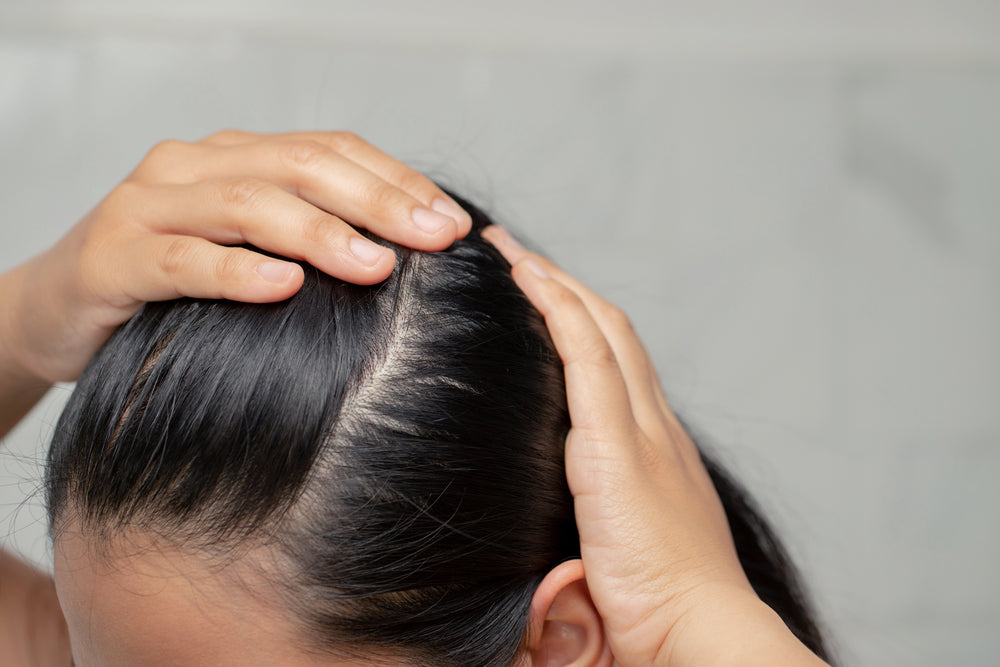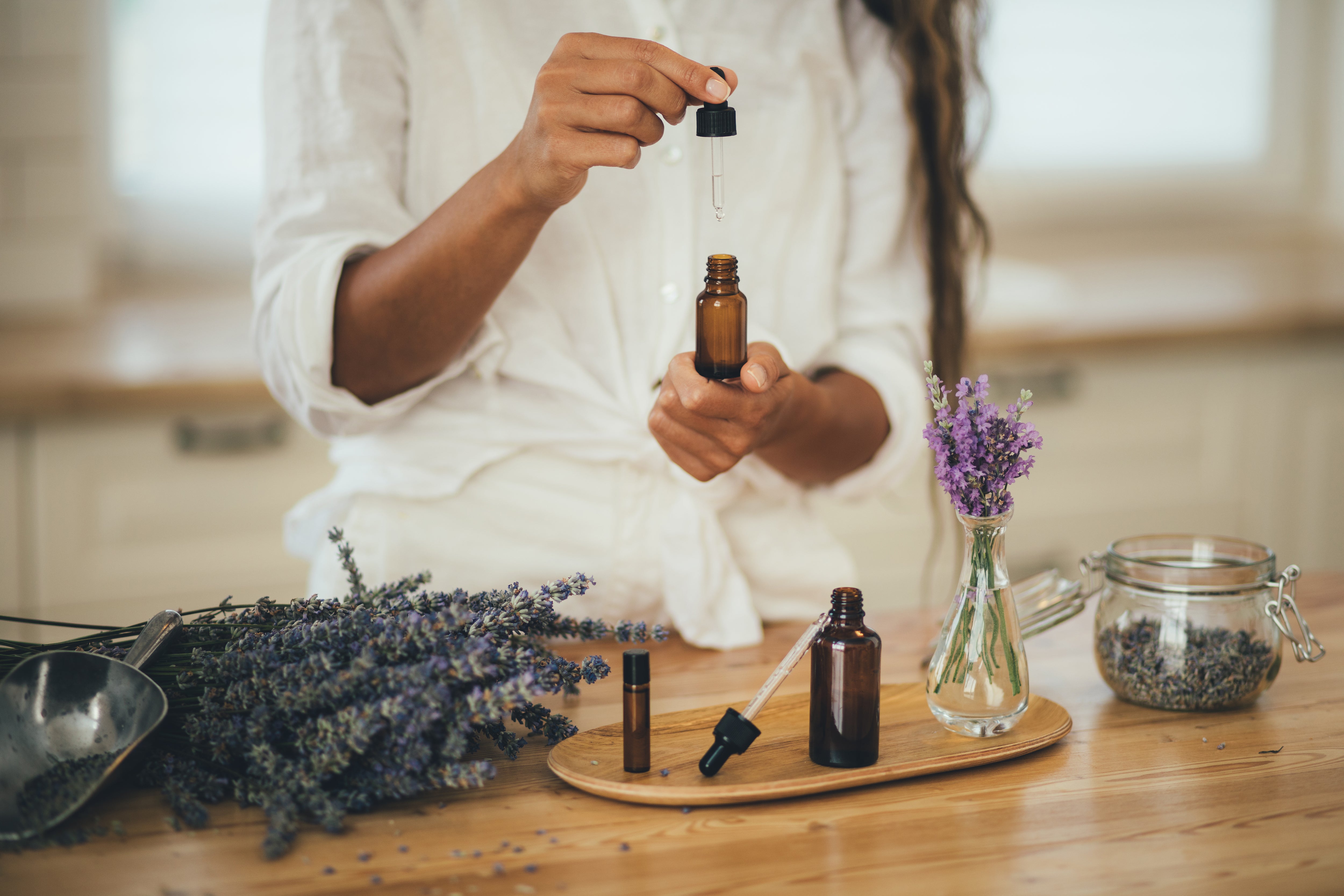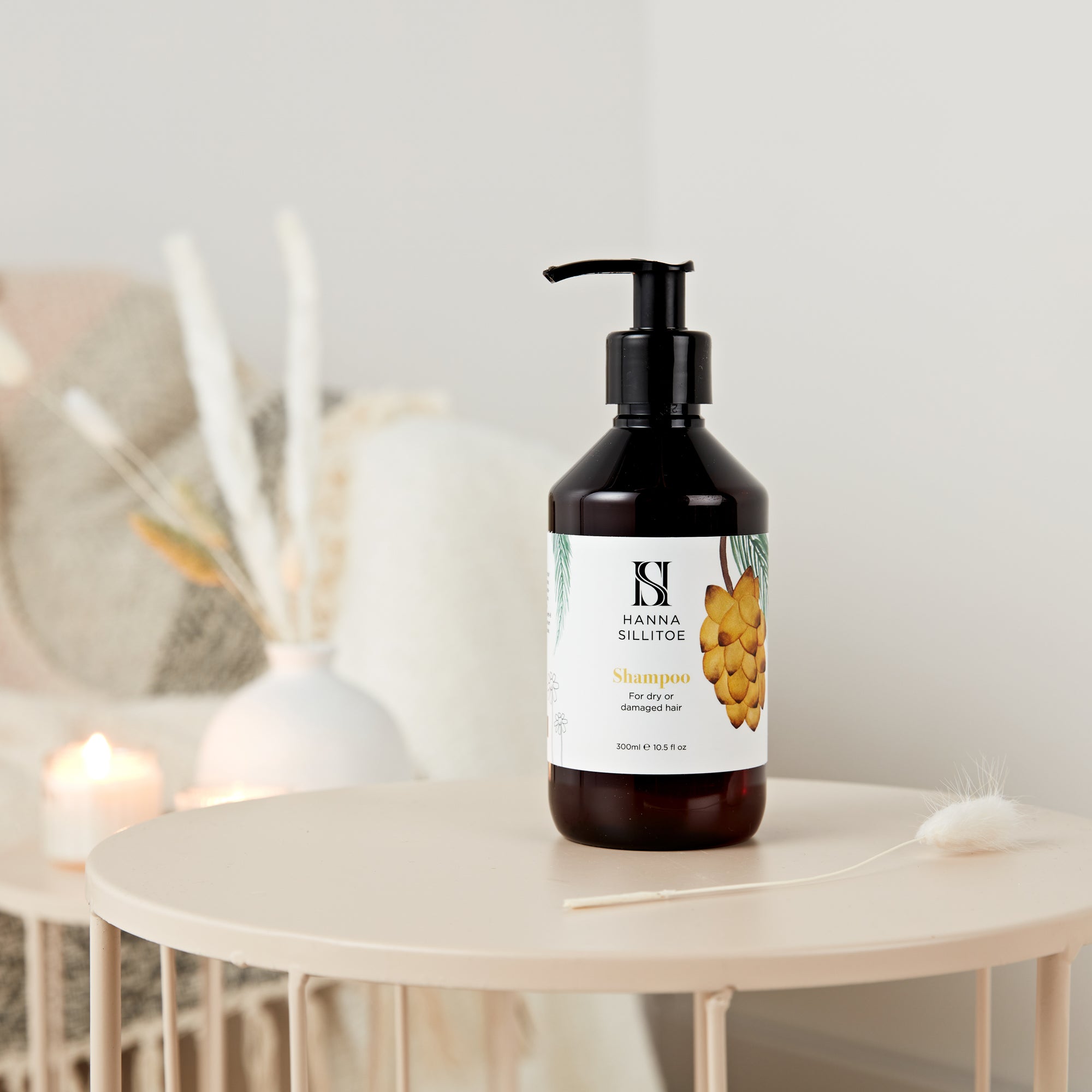When it comes to hair care, many focus on the appearance and health of their strands. However, the key to truly healthy and beautiful hair lies in having a healthy scalp. In fact, your scalp plays a critical part in your hair’s growth, appearance and health. So, one way to nourish your scalp is by regularly using a gentle scalp oil. Let’s examine how these oils can revitalise your scalp and promote more lustrous, stronger hair.
The Importance of Scalp Health
Our scalps lay the foundation for good hair growth and healthier locks. This is because it’s home to our hair follicles and roots, providing the essential oxygen and nutrients they need to thrive. Still, internal and external elements such as stress, hair products, pollution and diet can have a negative effect on our scalps. These things can impact how it functions, leading to imbalances, infections and conditions. Improper care might lead to dandruff, excessive dryness, clogged follicles or persistent itchiness. It’s vital to prioritise scalp health to minimise these issues and create a healthy, nutrient-rich environment for hair growth.

Benefits of Scalp Oil for Revitalising the Scalp
Scalp oils are an effective method for combating scalp issues and restoring its health. Primarily, they provide intense hydration that can calm itchiness and moisturise dryness. This is ideal for those with flaky, dry scalps or dandruff. Additionally, scalp oils can help balance sebum production, regulating oiliness and preventing excessive greasiness.
Another key benefit of scalp oils is that they feed and moisturise the hair follicles, which contributes to healthier hair strands and improved growth. When massaged or mixed with essential oils, they can also increase blood circulation in the scalp. This ensures that oxygen and nutrients reach the roots and follicles and can even promote thicker hair.
Some scalp oils have anti-inflammatory or antimicrobial elements, which are helpful for those with scalp infections or conditions. These properties make them effective at soothing scalp psoriasis or eczema and can promote healing.

Different Types of Scalp Oils
Each scalp oil has its own unique healing properties, so it’s helpful to test them and see which works best for your scalp. It's also important to note that carrier oils are different from essential oils, although you can apply both to the scalp. Since essential oils are highly concentrated plant extracts, they need to be diluted - usually with a carrier oil - and shouldn’t be applied directly to the scalp. Still, you can combine essential oils with other natural oils to create a nourishing scalp oil with multiple benefits. Here are a few popular options:
Tea Tree Oil: This essential oil is famous for its antifungal potential, making it an effective dandruff and scalp infection treatment. It also promotes a hygienic and healthy scalp environment by unclogging hair follicles and combating bacteria.
Jojoba Oil: Because its composition is similar to our natural sebum, jojoba oil is ideal for regulating oil production. This means it can help to reduce dryness and oiliness. Plus, it’s a lightweight carrier oil that works for all hair types and helps to calm soreness and irritation.
Rosemary Oil: This essential oil can improve blood flow in the scalp and stimulate hair growth. What’s more, its antioxidant properties can help to prevent hair loss and encourage better scalp health.
Argan Oil: Rich in vitamin E and fatty acids, argan oil moisturises and nourishes the scalp, reducing dryness and itching. It can also improve hair elasticity, which makes it less prone to breakage. Argan oil also adds a healthy sheen to hair strands, giving them a more vibrant appearance.
Olive Oil: This oil’s anti-inflammatory elements alleviate discomfort and itchiness, helping to soothe scalp irritation. Further, it has antimicrobial compounds that can fight bacterial or fungal infections on the scalp. Unsurprisingly, olive oil is rich in fatty acids that provide intense moisturisation to dry and flaky patches.
How to Hydrate and Nourish the Scalp
Hydrating the scalp isn’t a complicated process, so let's explore some techniques you can use right away to start nourishing your scalp:
Scalp Massage: Scalp massages are easy to do and only require your hands and fingertips. You can massage your scalp while showering, applying shampoo or scalp oil, or simply whenever you feel it’s necessary. Apply gentle pressure and knead with your fingertips in circular motions, beginning at the front of your head and working backwards. Doing so can encourage better blood flow and promote the absorption of scalp oil.
Apply Scalp Oil: Section your hair with your fingers or a brush and evenly distribute the oil onto your scalp. You can use your fingertips or a dropper tool for more effective application. Then, lightly massage the oil into your whole scalp. It’s important to pay extra attention to areas that are particularly dry or problematic.
Overnight Hydrating Treatment: You can leave a scalp treatment oil in your hair for a few hours, but it’s best to leave it overnight for deeper hydration. Apply the oil before bed and cover your hair with a bonnet, scarf, or towel. This way, the oil can deeply penetrate your scalp and provide it with intense nourishment. In the morning, wash your hair with a gentle shampoo and ensure all the oil is rinsed out.
Cleanse Regularly: While scalp oil is beneficial, it's important to strike a balance and avoid excessive build-up. That’s why it’s best to use a natural shampoo to remove any excess oil and product residue. Our gentle shampoo also has moisturising properties that can hydrate your scalp and won’t strip away its natural oils. Also, gentle exfoliation can help keep the scalp clean and free from dead skin, flakes and dirt. Doing this allows it to better absorb the oils and treatments you apply later on.
Restoring and revitalising your scalp is the first step towards vibrant, lustrous hair. By using a natural scalp oil, you can create a healthy scalp microbiome free from infection and irritation. What’s more, keeping the scalp nourished and hydrated with natural products and proper care can lead to improved hair growth and stronger strands.
